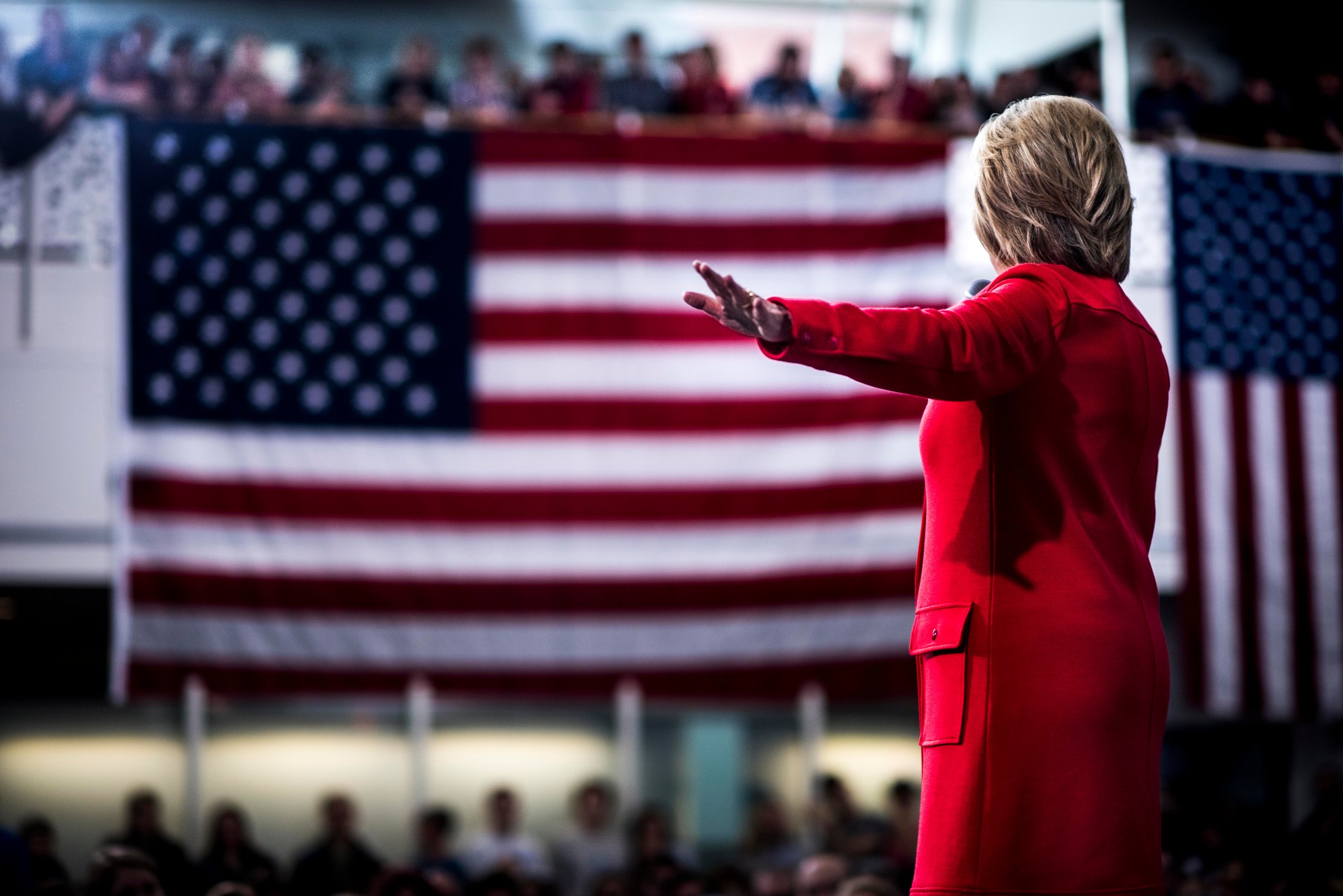
The securities and investment industry flexed serious financial muscle in the presidential money race last year. At $90 million contributed to all candidates, current and former, and the super PACs supporting them, it led all industries tracked by the Center for Responsive Politics, new data show.
Super PACs allowed the industry to gain an outsize share of the pie in 2015 as Wall Street gravitated to some candidates and utterly abandoned others. With billionaire investors giving right and left, total contributions from the industry to presidential super PACs rose to $81.2 million.
But while securities and investment interests hold the lead in terms of money to the types of groups that can receive unlimited contributions, they gave far less to the campaign committees under the direct control of the candidates — just $9.3 million.
Investors made up the top donor industry to six of the current candidates when their campaign committees and super PACs are combined; the exceptions were retired neurosurgeon Ben Carson, businesswoman Carly Fiorina, Sen. Bernie Sanders (I-Vt.) and Sen. Ted Cruz (R-Texas).
That $72 million split reveals, again, a difference in the funding sources for campaigns and for super PACs. Lawyers and law firms, along with individuals who reported they were retired, beat out securities and investment as the largest overall sources of direct campaign contributions, at $16 million and $33 million respectively. Real estate followed Wall Street closely at $8.8 million.
For some candidates, like former Secretary of State Hillary Clinton, the difference allows for a technically accurate but misleading characterization of the facts. In December, Clinton could say she receives more contributions from teachers than Wall Street types even as her super PACs scooped up $17.2 million from wealthy financiers. She can’t make that claim anymore, by the way: Her campaign has now received more money (barely) from individuals in the securities and investment industry than in education: $2.93 million to $2.88 million, respectively.
Read More: President Obama: The World I Want My Daughters to Grow Up In
Despite huge contributions to former Florida Gov. Jeb Bush in the first six months of 2015, securities and investment firms appear to have picked their favorite candidate on the Republican side: Sen. Marco Rubio (R-Fla.).
As OpenSecrets reported in November, a group of megadonor individuals in the industry often give together, and they didn’t disappoint Rubio after the largest donor, Paul Singer of Elliot Management, endorsed him.
Meanwhile, support for Jeb Bush from financiers nearly evaporated: Outside groups backing Bush’s candidacy received $30 million from financiers in the first six months of 2015; in the last six months, they received just $961,532. As Bloomberg reported, even Goldman Sachs, a company with particularly close ties to the George W. Bush administration, abandoned him in favor of Marco Rubio. (See sidebar on Goldman Sachs.)
By contrast, and despite Rubio’s rise among securities and investment types, Iowa caucus winner Sen. Ted Cruz (R-Texas) again showed evidence he has perhaps the strongest mix of funding sources in the race. Four of the top overall industries giving money were in the top five donors to Cruz super PACs and his campaign account: securities and investment, real estate (buoyed by huge contributions from the Texan Wilks brothers), oil and gas and retired individuals.
Read More: Cruz Courts Christians at Faith Gathering
Other industries appeared to establish footholds with candidates outside the so-called “establishment lane.” Individuals in the education industry gave to $554,776 to Sanders, while the health professionals industry showed support for Carson with $902,389 in donations.
Senior Researcher Doug Weber contributed to this post.
More Must-Reads from TIME
- Donald Trump Is TIME's 2024 Person of the Year
- Why We Chose Trump as Person of the Year
- Is Intermittent Fasting Good or Bad for You?
- The 100 Must-Read Books of 2024
- The 20 Best Christmas TV Episodes
- Column: If Optimism Feels Ridiculous Now, Try Hope
- The Future of Climate Action Is Trade Policy
- Merle Bombardieri Is Helping People Make the Baby Decision
Contact us at letters@time.com